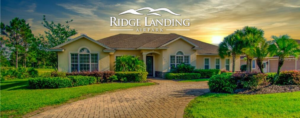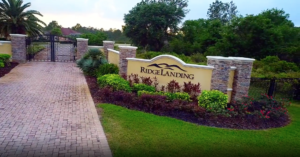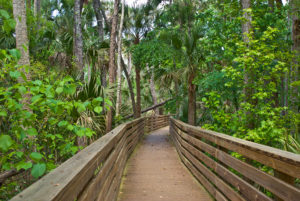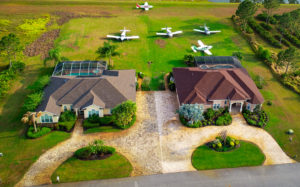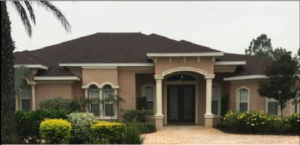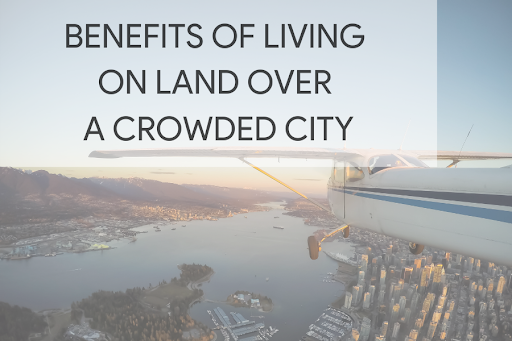
The benefits of living on land over a crowded city may outweigh the possible cons. If you are considering moving into a less populated area, such as an airpark community, it is important to understand these pros and cons of doing so.
2020 may be the year to uproot your city life and move into the rural land surrounding a crowded city.
Living in a City

There are some drastic differences in living in urban versus suburban environments.
Living in a big city does have its benefits – easy access to major roads, better public transportation, more options for entertainment, and a vast selection of unique restaurants and shopping – but what more does a city dweller have to gain from living in a crowded area?
In the hectic year of 2020, many people have been reconsidering their life plans, and rightfully so.
Some of the downsides of living in a densely populated city include:
- Higher Rates of Crime
- Higher Cost of Living
- More Traffic
- Less Privacy
As we continue to trudge through uncertain times, it is important to consider choices we can make to reduce our risks of catching illness, and choices we can make to keep ourselves and others safe.
Crowded cities lead to more pollution, which leads to worse quality of air. In the event of another major outbreak, wouldn’t you prefer to relax on a plot of land than quarantine in a crowded apartment building?
There are so few constants in these chaotic times. It’s important to reconsider what is best for you and your family. There are many downfalls that come with living in a city, and many benefits with opting to live in a smaller town.
The Possibility of Another Pandemic

Unfortunately, we can’t predict what will happen in the next year – let alone over the course of the next ten years. After seeing the devastating results of the coronavirus outbreak in many major cities, many city dwellers are rethinking their decision to live in densely populated areas.
The poorly managed responses of elected officials in these big cities makes living in a wide-open area with less people much more appealing.
Also, many workplaces have made it possible to work remotely during the current pandemic. This is great news for those considering moving into a rural area, as the ability to work from your home means no commute for those living far from the city.
Saving Money

Everyone knows that living in major cities leads to higher prices for rent or mortgages. Also, gas, groceries, and any other expenses will tend to be pricier in crowded areas.
Depending on the area, you can get a lot more bang for your buck purchasing land in a rural area.
Property and income taxes may also be cheaper if you are residing outside of a major city. Because there is less traffic and lower crime rates, car insurance tends to be cheaper in rural areas, as well.
More Freedom
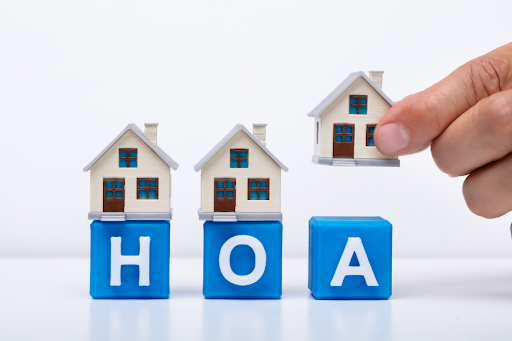
Housing developments in rural areas are less likely to have strict HOA guidelines. Owning land in a rural area gives you a wide variety of opportunities to do whatever you may want to do with your home.
Some examples of freedom when living on land:
- As many pets as you want – dogs, cats, even barn animals. Many neighborhoods in cities have weight limits and breed restrictions on pets, and they certainly do not want barns in their suburban neighborhoods. This is not something a patron in a rural area will have to worry about.
- Plant a large garden, which will also decrease the amount of money you spend on groceries!
- Build and customize your home to your liking. Without the nitpicky restrictions regarding things like paint color, you can build the home of your dreams.
Fresh Food
Locally owned restaurants and grocery stores, farmer’s markets, and a shortage of fast food restaurants means there is healthier food in rural areas.
Ethically sourced meats and produce are also more easily available, meaning you can buy healthy food without the high markup that is prevalent in major cities.
A Tight Knit Community
To put it simply, the sheer amount of people in densely populated cities make it difficult to feel like you are a part of a real community.
Smaller developments will likely have more community-related activities, such as estate sales and neighborhood parties, which will make it easier for residents to network and build a group of friends that feels genuine and authentic.
It can be hard to make friends while living in a big city. In a rural area, it is crucial to have neighbors that you can rely on, which is a huge blessing in the long run.
Not to mention, the privacy that comes with living on land, especially an AirPark community. The option of aviation location brings on a new level of personal space and safety.
Better Health
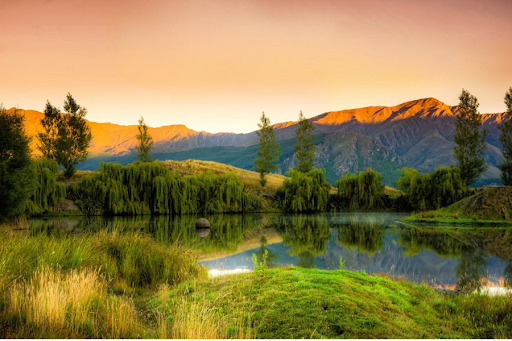
Less people leads to less cars, which leads to less pollution. This means better quality of air.
In these uncertain times, it is crucial that people take the health of themselves and their families into consideration. On top of better air quality, there is also more distance in between homes, meaning more distance between you and your neighbors.
Additionally, rural areas are much more quiet than cities – which are notorious for noisy traffic, loud neighbors, and disruptive construction. This means better quality of sleep.
In Conclusion
There are many pros and cons to both living in a city and living in a rural area. It is important to weigh all of your options and decide what is best for you, your family, and your lifestyle.
After months of being so uncertain of what the future holds, it is very common to be questioning things like your plans for the future, goals, and the things you must do to achieve those things.
There are many benefits in moving away from the hustle and bustle of city life to a serene and distant area, such as an airpark community.
Not to mention, with social distancing practices still in place for the foreseeable future, it may be more practical than one may think.
In times like these, it is crucial to protect your bases. Now may be the perfect time to make a change in your life and move to a rural area. Discover all of the benefits of living on land.

